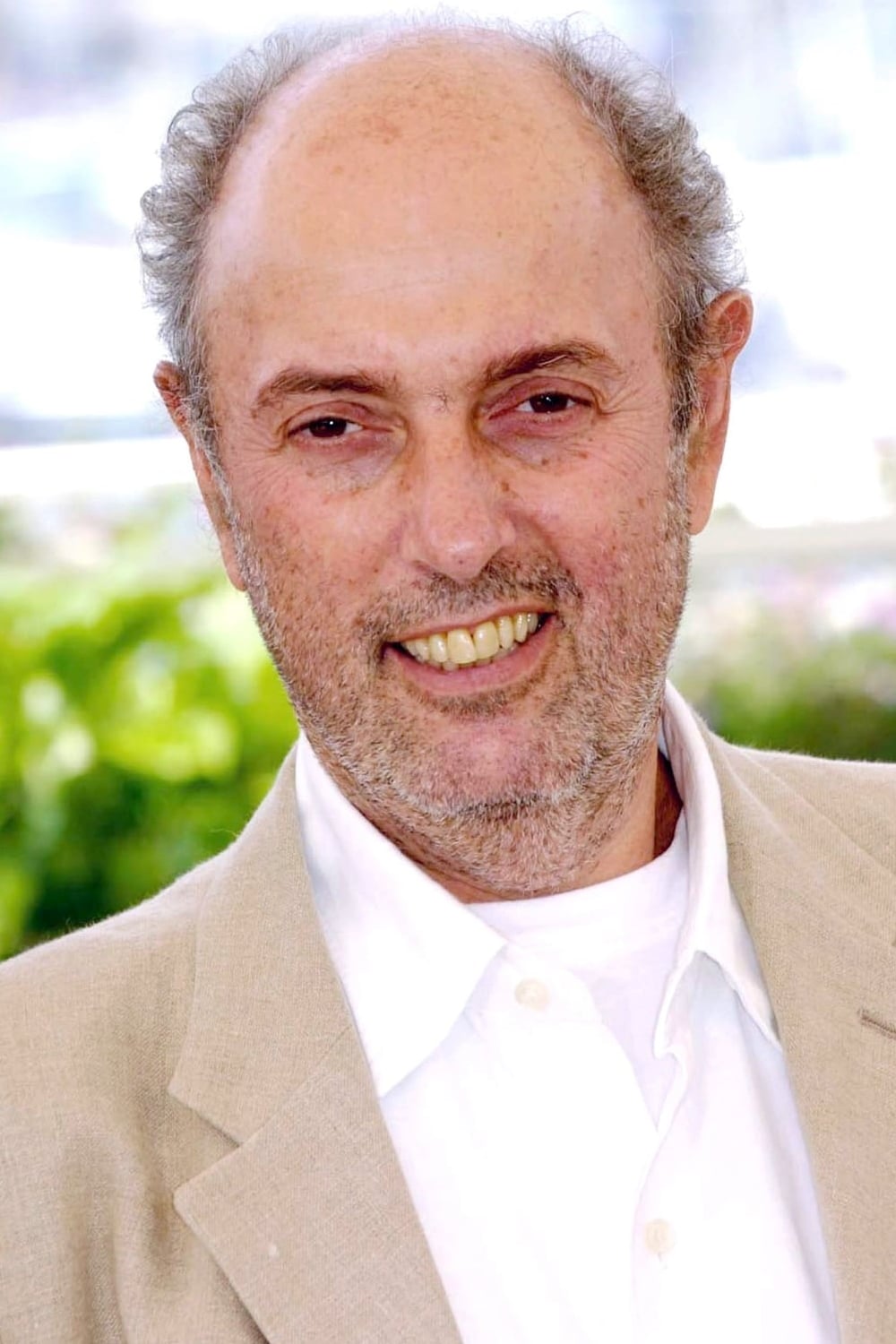
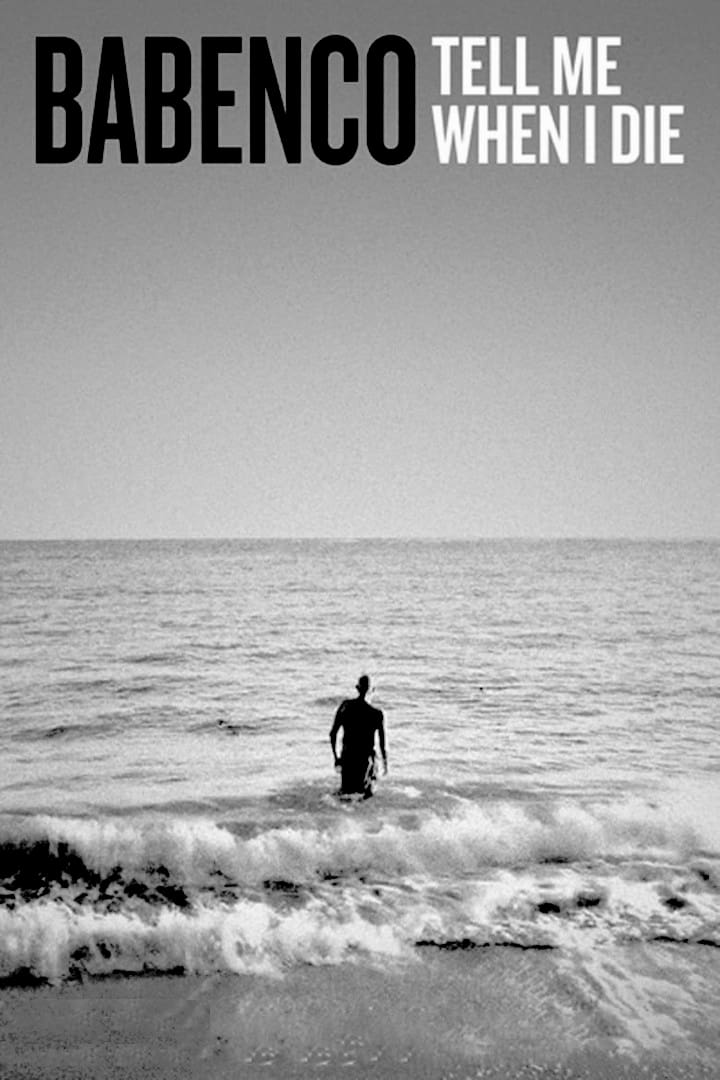
Besieged by cancer and nearing the end, the genius Argentine-Brazilian filmmaker Héctor Babenco (1946-2016) asks Bárbara Paz, his wife, for one last wish: to be the protagonist of his own death.
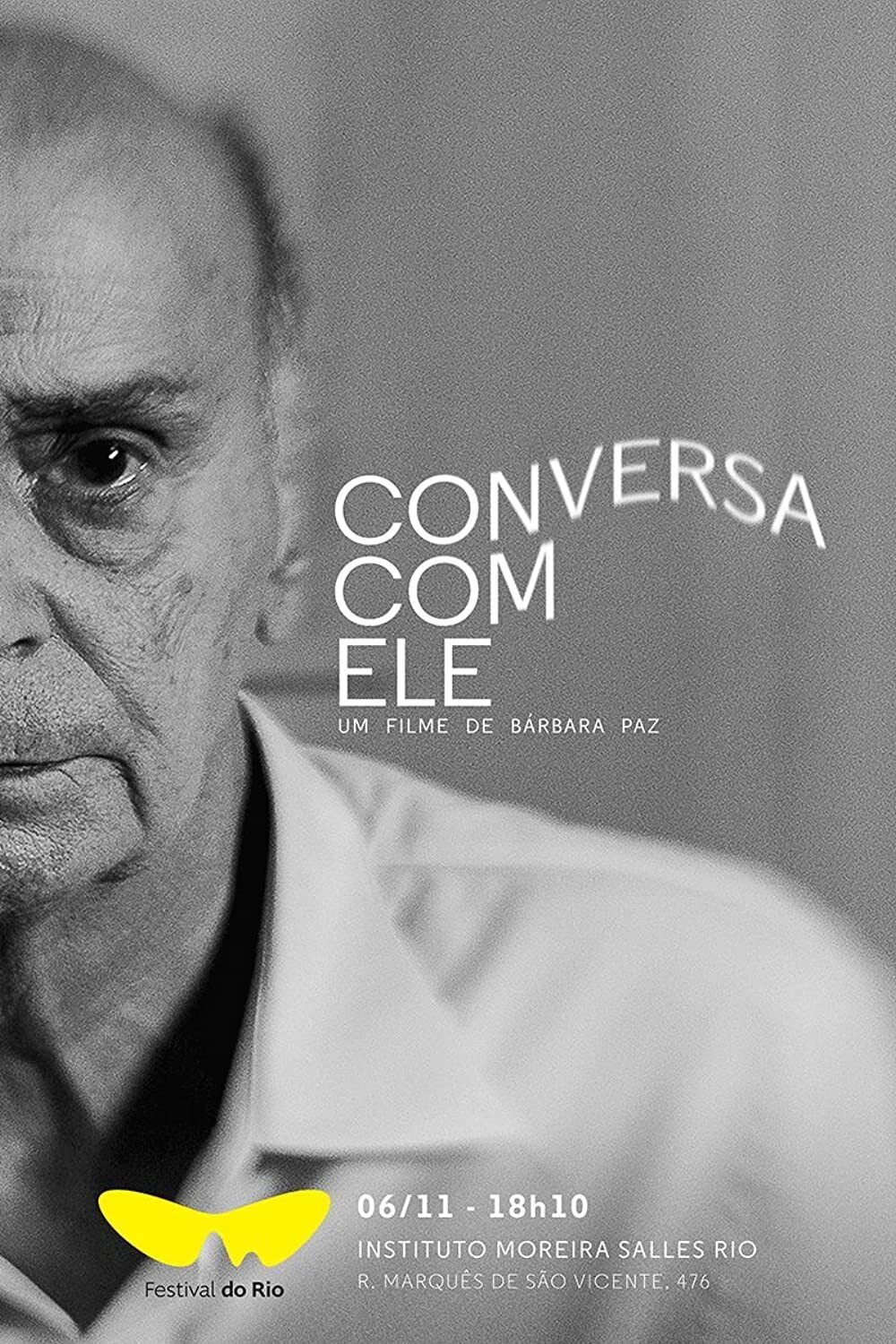
Dr. Drauzio Varella has a hypothetical conversation with his friend Hector Babenco, a filmmaker who died in 2016. The importance of friendship is addressed in the documentary based on the death of a friend — and shows the decrease in happiness and the irreplaceable void left by this game.
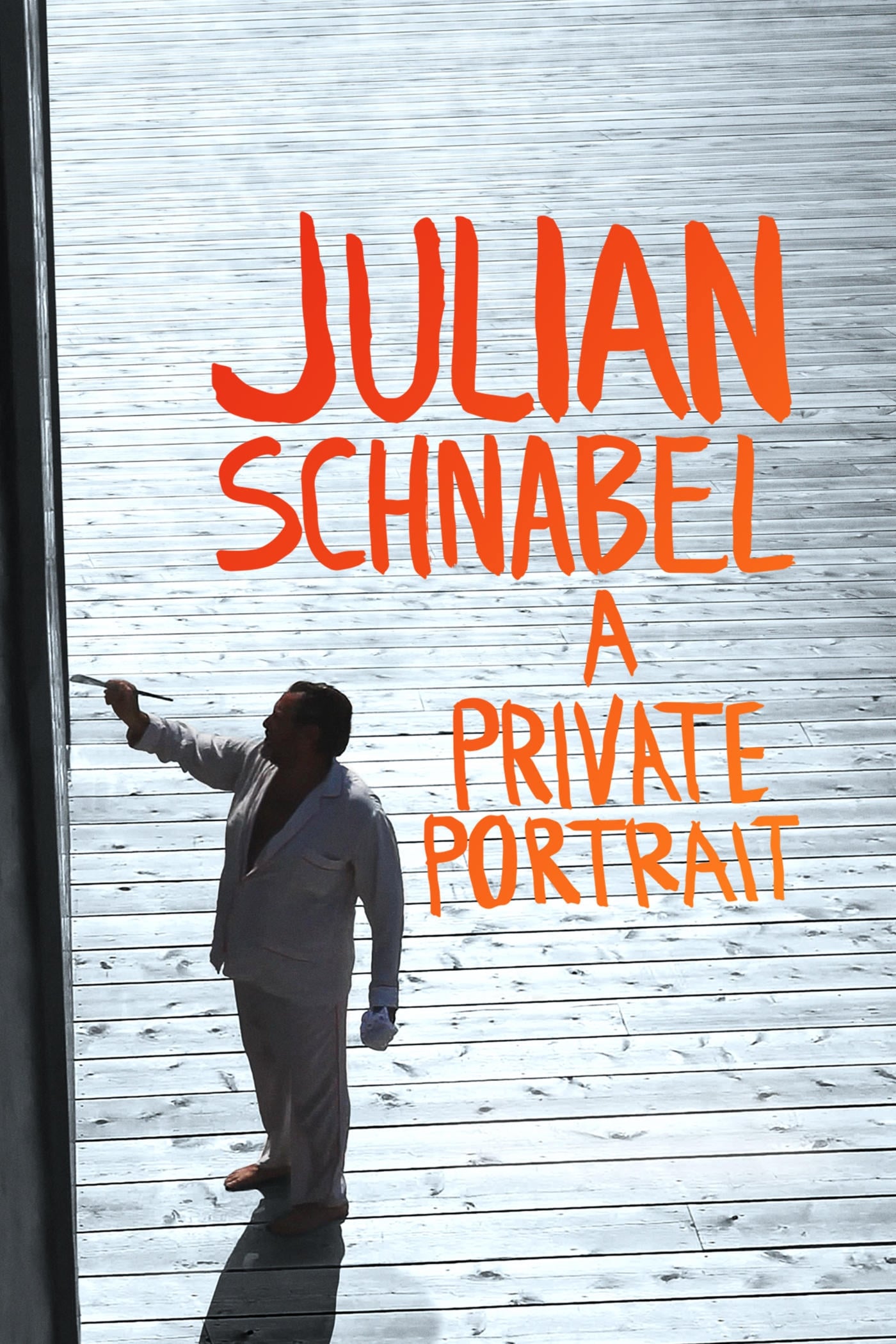
A chronicle of the personal life and public career of the celebrated artist and filmmaker Julian Schnabel.
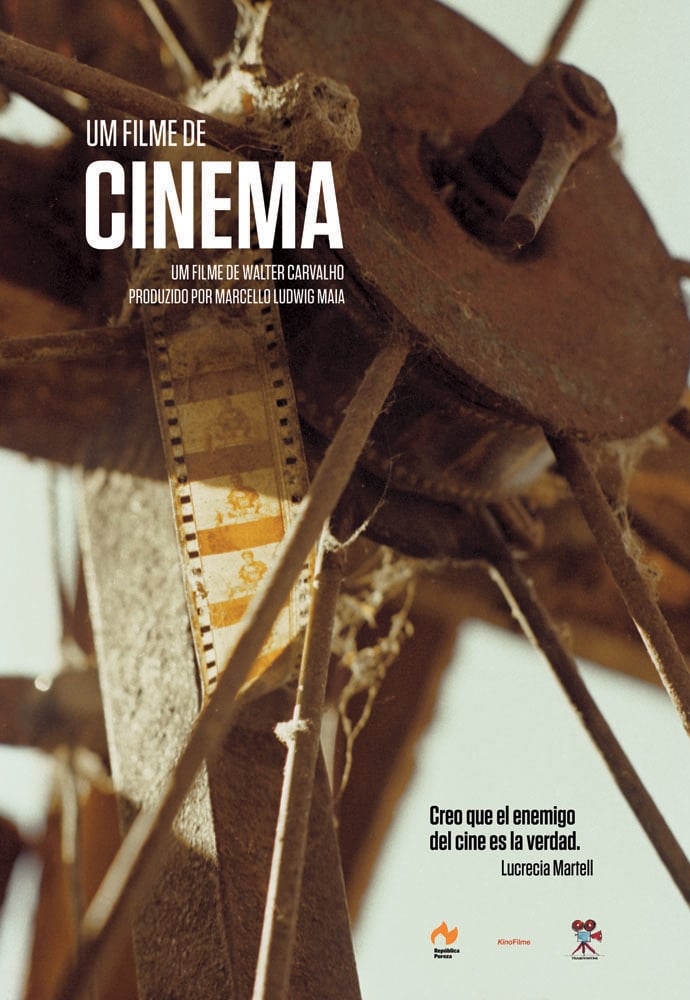
An abandoned tumbledown theater in the outback of Paraíba state is the initial setting of a film about cinema, which explores the testimonials of the novelist and playwright Ariano Suassuna and other filmmakers such as Ruy Guerra, Julio Bressane, Ken Loach, Andrzej Wajda, Karim Ainouz, José Padilha, Hector Babenco, Vilmos Zsigmond, Béla Tarr, Gus Van Sant and Jia Zhangke. They all respond to two basic questions: why do they make movies and why do they serve the seventh art. The filmmakers share their thoughts about time, narrative, rhythm, light, movement, the meaning of tragedy, the audience‘s desires and the boundaries with other forms of art.
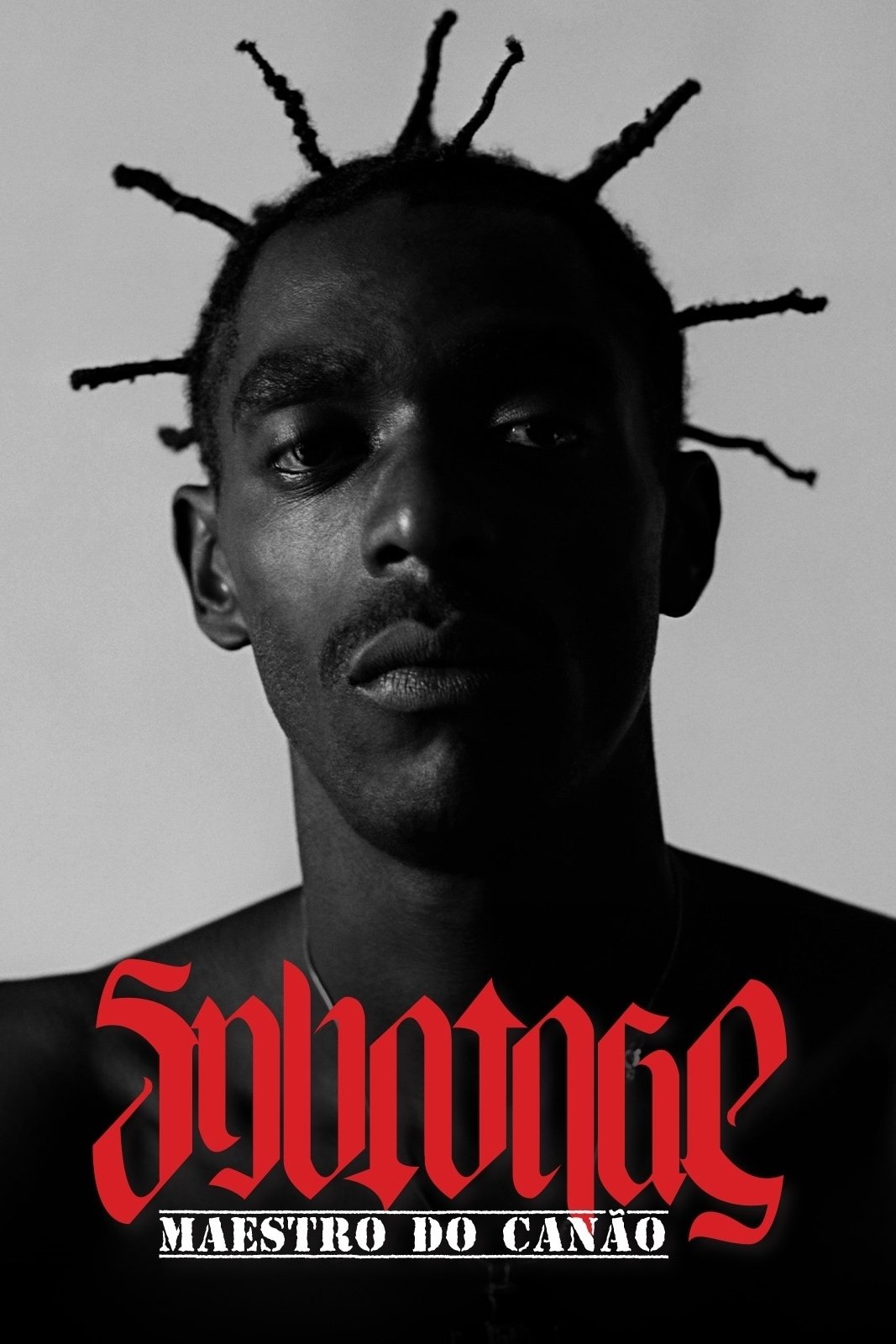
Mauro Mateus dos Santos was known by another name: Sabotage. Growing up amidst poverty in São Paulo, the musician, who became a legend after his death, is one of the most important names in national rap.

This revealing documentary about the Brazilian sex symbol goes deep into her career as she pivoted from dancer to singer to adult film star.
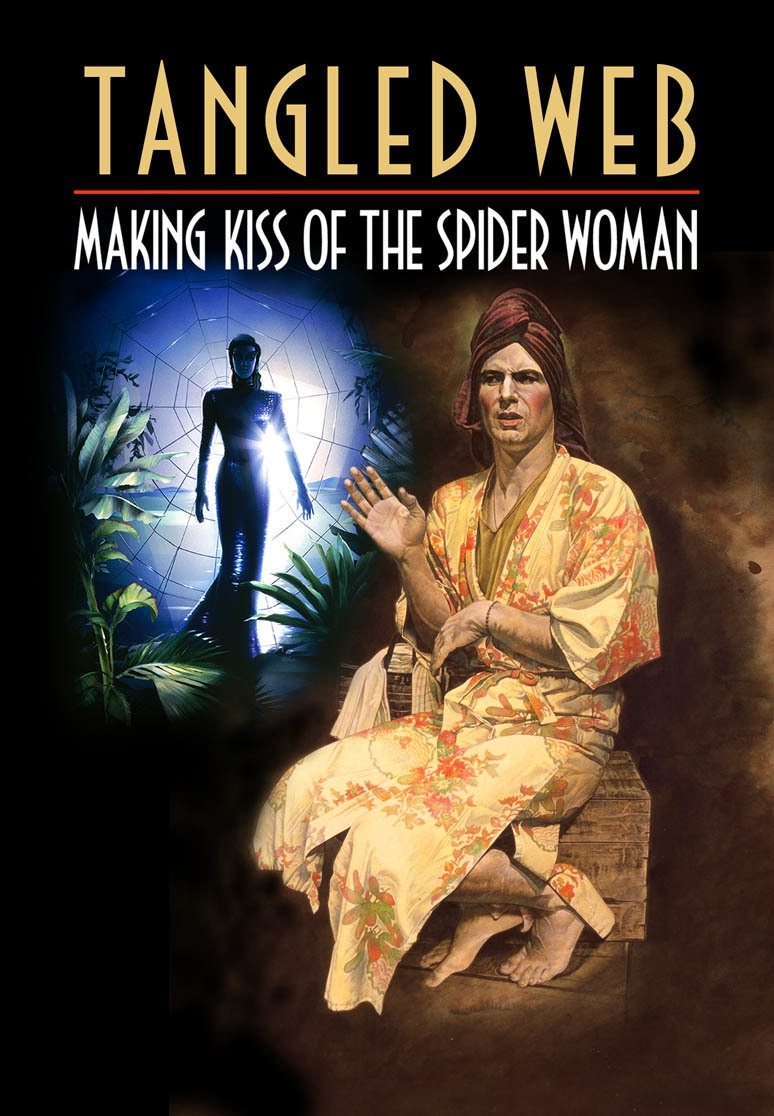
Rare documents and details of the film's story. From its initial option to its critical reception and legacy. Director David Weisman, who also produced "Kiss of the Spider Woman", comes off as rightful creative force behind the production, as it was his true passion. Very detailed comments from all the participants, from the author of the book to the lawyer for the production company, the actors, director, writers, producer, and crew members.
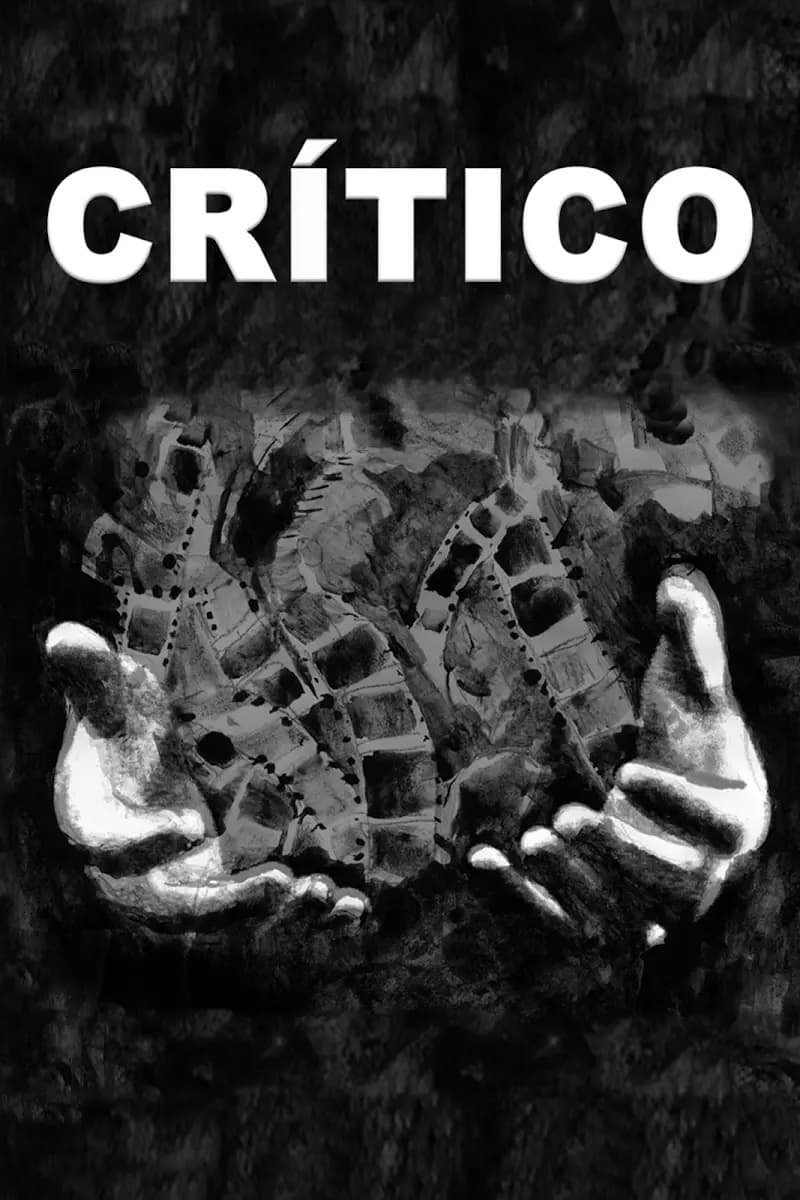
Seventy critics and filmmakers discuss cinema around the conflict between the artist and the observer, the creator and the critic. Between 1998 and 2007, Kléber Mendonça Filho recorded testimonies about this relationship in Brazil, the United States and Europe, based on his experience as a critic.
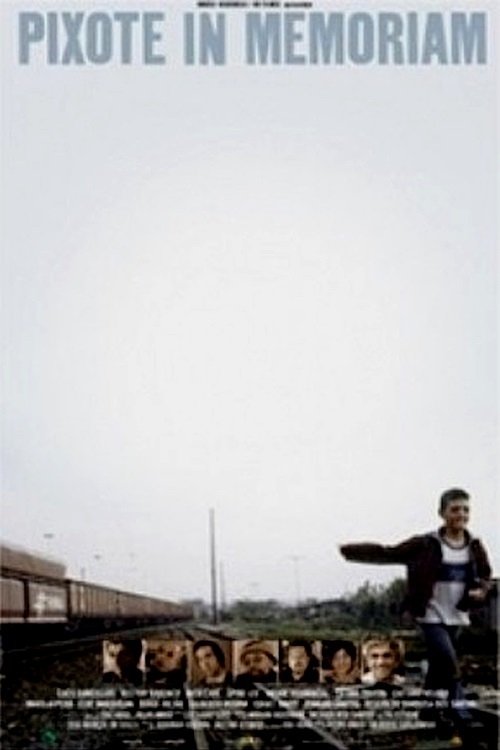
A tribute documentary on Fernando Ramos da Silva, the famous child star of the acclaimed film by Hector Babenco, "Pixote, a Lei do Mais Fraco" (1981). 20 years after his assassination by the police, his co-stars and Babenco talk about Fernando's contributions to the film, his troubled life when his acting works didn't took off as expected (since he was typecast) and which made him turn back to his past life of poverty and crimes. The project also presents that film's influence to many directors and artists around the world.
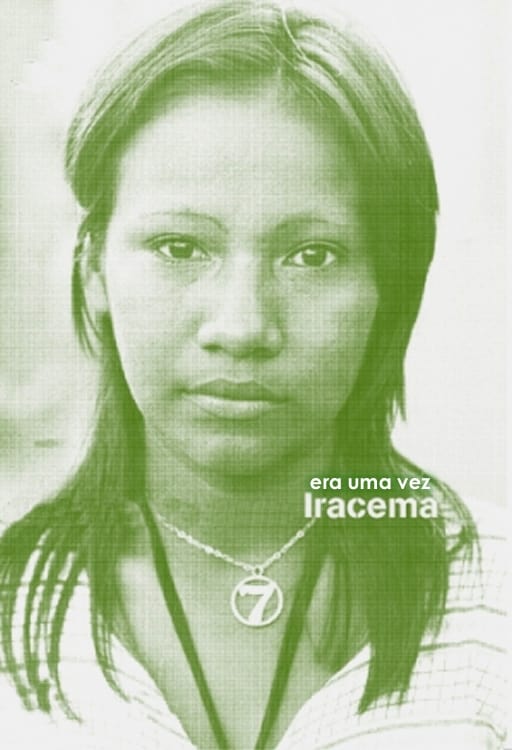
Héctor Eduardo Babenco (born in Buenos Aires but raised in Mar del Plata) was an Argentine-born Brazilian film director, screenwriter, producer and actor. He has worked in several countries including Argentina, Brazil and the United States.
By browsing this website, you accept our cookies policy.